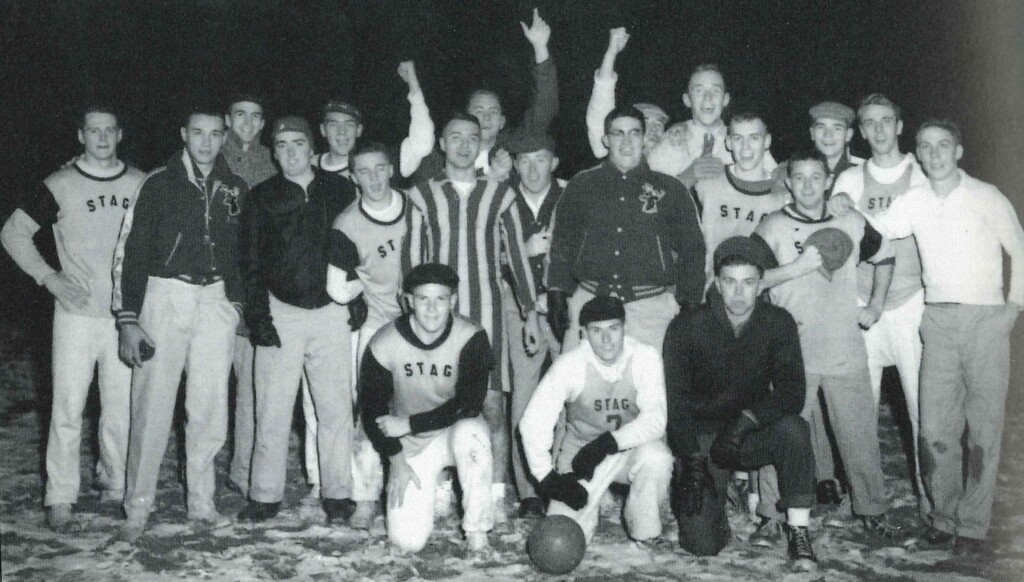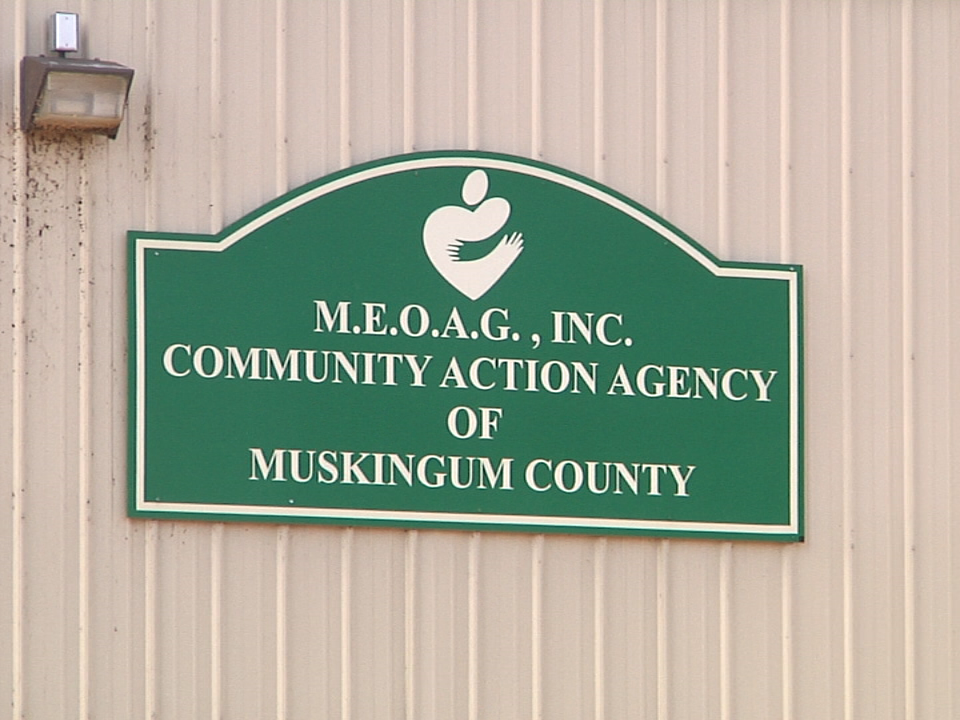Despite initial backlash, Muskingum’s Greek Life has persisted for over a century

Muskingum University’s Greek Life culture spans almost 115 years, but while it has a positive impact on the campus and community today, it wasn’t always thought of in that way.
Greek Life as it is known today began in the early 1700s at the College of William and Mary as a secret society for students to get together outside of a classroom setting. At Muskingum, it began a little differently.
Groups of students who would frequently eat together began to call themselves “clubs” and invite others to join their club. This was the origin of fraternities at Muskingum. When the Board of Trustees caught wind of these new clubs, they forbade the existence of Greek Life. To get around this, the new clubs were careful not to refer to themselves as fraternities.
Despite the administration frowning on their existence, more clubs began to pop up. The first fraternity, Stag Club, was created in 1909. By 1920, three men’s and two women’s clubs were on campus.
As a consequence of these new clubs, literary societies began to die out as they could not compete with the social excitement surrounding the men’s and women’s clubs.
As membership in literary societies fell, membership in men’s and women’s clubs grew. Mace Club was founded in 1922, and Alban Club was founded in 1925. It quickly seemed to be customary for men on campus to join one of these clubs, and by the 1930s, only a small percentage of male students were not in a men’s club.

The administration continued to try and crack down on the new clubs. In 1920, the president of the college at the time, John Knox Montgomery, was quoted as saying “There were no fraternities or sororities here when I came, and knowing them as I did, I did not believe they had any place on the campus of a Christian college.”
In 1923 it was decided that each club must have an overseeing faculty adviser. This adviser could not be an alumni of the club. This was in part due to the nature of the club having an adviser; the adviser was meant to curb the “worst” parts of the clubs.
All clubs also had to file a constitution in order to receive their charter from the university.
In addition to having an adviser, no club could own real estate. This was changed in 1927 when the college allowed Kianu Club to sublease a house.
Restrictions against these clubs were lessened as time went on, but some members of the campus community still had problems with the fraternities and sororities.
A 1954 letter that was given out prior to Rush (the process of joining a chapter) attempts to dissuade anyone considering rushing from joining a chapter.
The letter details hazing rituals as well as “Hell Week,” which is a week of pledging that was considered especially bad. It claims members will be dropped in the middle of nowhere to become purposely lost, would be fed food to make them ill, and could even be tar and feathered. While it is unclear if any of these events actually occurred, the letter states that the reader could ask anyone in Greek Life, and if they were truthful, they would tell you.
The letter also claims that Hell Week occurs close to finals week, and your grades will suffer due to the “slave labor” you are forced to do. In 1960, Hell Week was abolished by the college.

Despite the sentiment against Greek Life from some members of the campus community, it continued to thrive. In 1971 more than half of the student body was involved in Greek Life.
It wasn’t uncommon for chapters to put on events such as bake sales or car washes in order to raise money for worthwhile causes. Kappa Sigma, formerly Sphinx Club, had an annual event known as the Santa Claus party for children confined to Zanesville’s hospitals over the holidays.
Today there are 12 Greek chapters on Muskingum’s campus: seven fraternities and five sororities. There is now a mix of national chapters and local chapters, or chapters that are unique to Muskingum. Around 30% of the student body is active in Greek Life.





